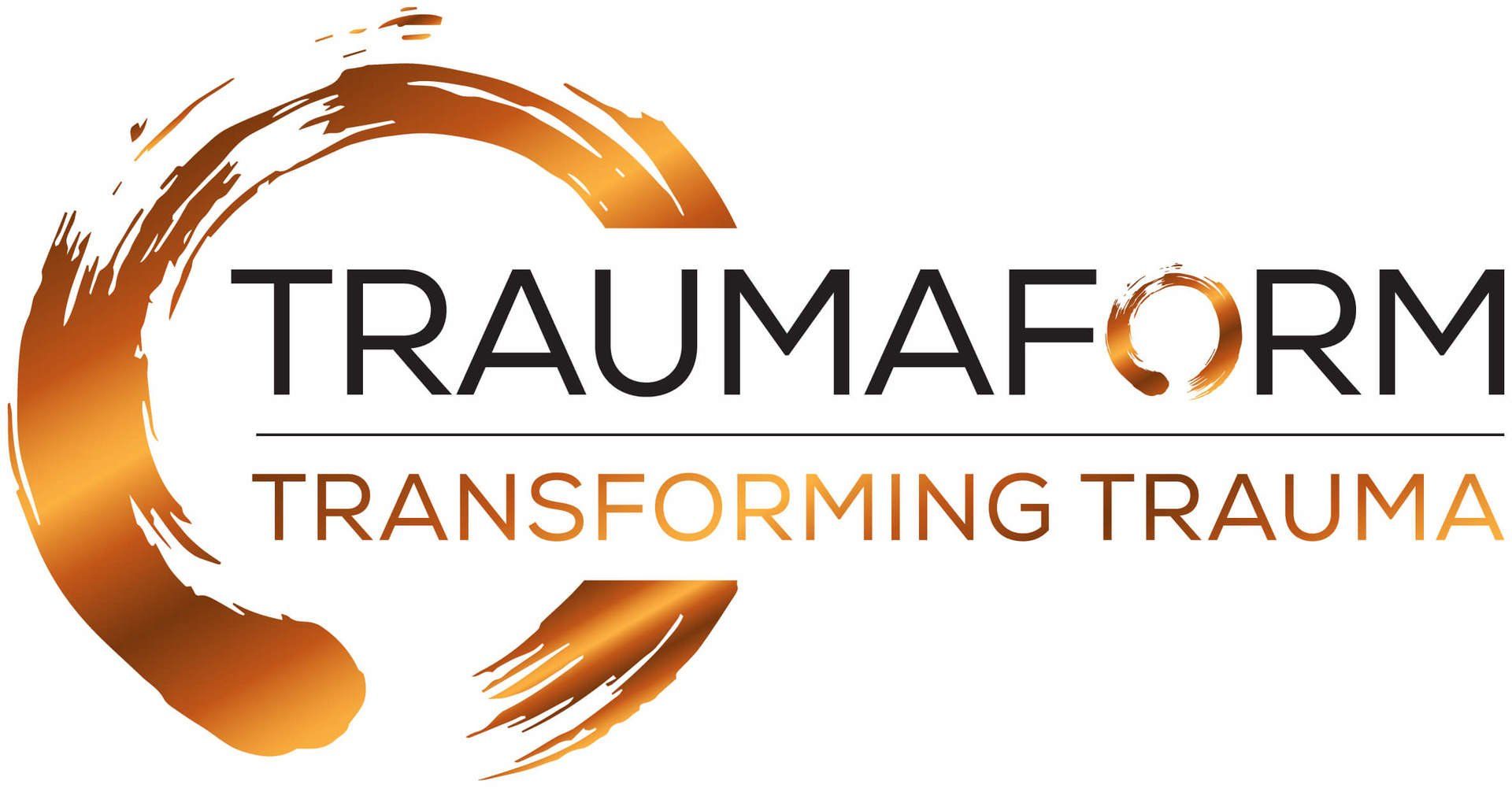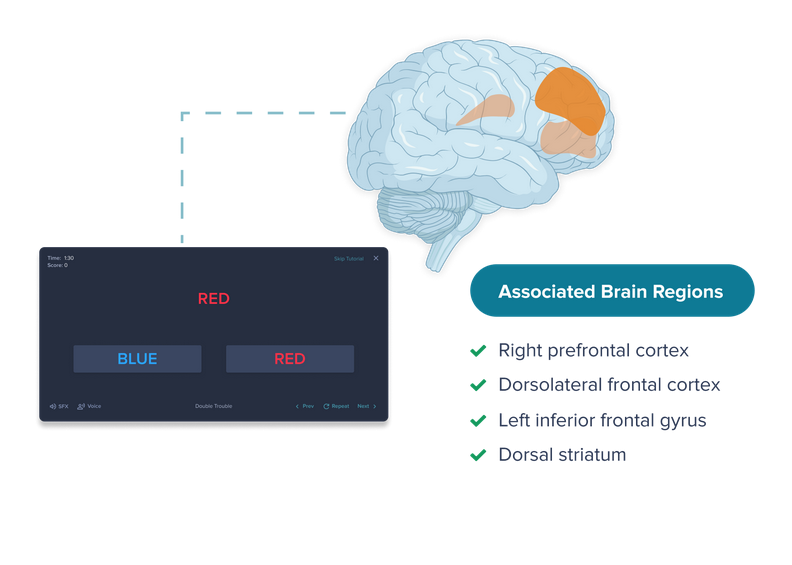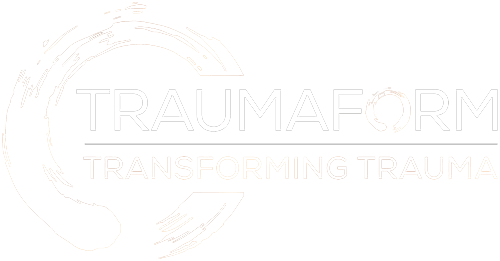Trauma Therapy
“The very making of an appointment with a total stranger to deal with the greatest intimacies and vulnerabilities of one’s life is an act of profound faith.”
Diana Fosha (2000, p5)
What to expect from Trauma Therapy
Initially, we offer a 30-minute initial chat (via phone or Zoom) free of charge.
This is an opportunity to ask any questions you may have about trauma, PTSD or the process of therapy. If you would then like to go ahead with therapy, we would then organise a 3-session assessment. This assessment includes background, trauma history and symptoms. This is important in order to determine what type of trauma we are looking at, i.e. whether it is a single incident, or complex in nature, and whether there are any co-occurring disorders, for example, anxiety, depression, addictions or dissociation.
We also determine what strengths, resources and support someone has, as well as eliciting together what your hopes and goals for therapy may be. These could include a reduction of symptoms such as flashbacks and sleep problems, processing the trauma or cognitive restructuring. These elements will help in determining an individually based plan and help us move forward in a safe way.
Following assessment, trauma therapy is comprised of three phases:
• Stabilisation
• Trauma Process
• Integration and Recovery
Stabilisation
This includes Crisis Management, Psychoeducation, Containment and Emotion Regulation strategies. Stabilisation has been shown to have a treatment effect in its own right, and some people, depending on their goals, feel they have improved enough to not need any further therapy. The stabilisation phase equips clients to regulate their emotions more effectively, to manage symptoms such as panic attacks, and can lead to more healthy interpersonal relationships. How long this phase lasts is again very individually determined and depends on the resources someone may have available prior to attending therapy.
Trauma Process
The trauma process itself directly addresses and revisits the trauma or traumas, confronting painful memories and feared situations. Most trauma processes include an element of exposure, that means clients revisit a trauma in detail, which is something they may have avoided for a long time. At Traumaform our therapies include:
Integration and Recovery
The Integration phase serves to imbed behavioural and neurological changes by continuing with cognitive restructuring, preventing relapse and leading to post-traumatic growth. A person whose distressing memories, symptoms of PTSD and unhelpful patterns of behaviour have been reduced, is able to move forward in life more freely from the things that have been holding them back, and more able to reach their potential. It is an ongoing process.
EMDR
EMDR (Eye Movement Desensitisation and Reprocessing) is an information processing therapy for PTSD, Complex Trauma and other disorders, utilising bilateral stimulation through eye movements or tapping that help clients cope with distressing memories.
EMDR was developed by Dr Francine Shapiro in the 1980’s and since its inception research has found strong evidence for its safety, effectivity and efficiency. During therapy the client focuses on a specific thought, image, emotion, or sensation while simultaneously watching the therapist's finger or baton move in front of his or her eyes, or by tapping.
EMDR weakens the impact of negative emotions and distressing memories. See www.emdrassociation.org.uk for further information. I have completed my training in EMDR Levels 1-4 as part of an MSc in EMDR at Worcester University, a course that is accredited by the EMDR Association, and am working towards accreditation.
Getting Past Your Past is a self-help book written by Dr Shapiro that can be a useful read.
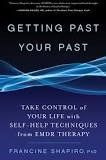
Prolonged Exposure Therapy
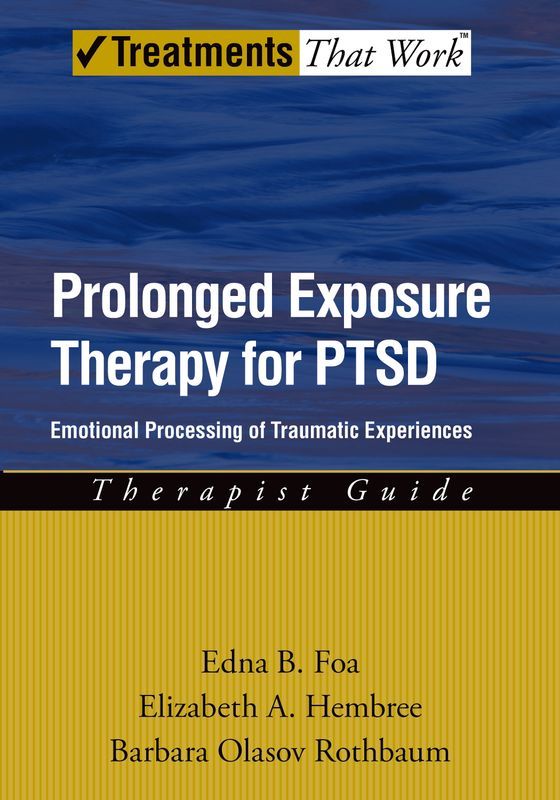
Cognitive Processing Therapy
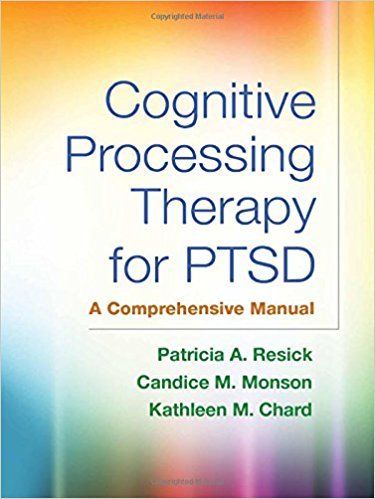
Brainspotting


Image Rescripting and Reprocessing Therapy

Narrative Exposure Therapy
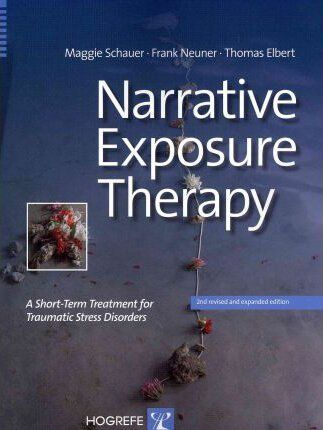
Narrative Exposure Therapy is a treatment for trauma survivors during which the client constructs a chronological narrative of their life in an attempt to integrate often fragmented memories of traumatic experiences into a coherent life story. In the initial sessions clients will lay their “life-line”, making use of flowers (for positive events) and stones (traumatic events) along a rope or ribbon.
Therapy then focuses on reliving these events taking account of physiological, emotional and cognitive elements experienced at the time and interweaving these with the “here and now”, thereby acting as constant reminders that these experiences are in the past and only memories. In the presence of the therapist these memories are reprocessed.
After therapy a copy of their autobiographical life story is given to the client, this document may also be used for human rights advocacy.
As NET involves narrating the entire life story, it is particularly suited to treating Complex Trauma. It was developed by Schauer, Neuner and Elbert and is being used in the treatment of refugees and the victims of torture” otherwise it sounds like refugees are the perpetrators! with projects all over the world. See
www.vivo.org
for further information.
Alpha-stim – microcurrent treatment for anxiety, depression and insomnia
Heartmath Technology – reduce stress – available at Traumaform
Post-traumatic Growth
Post-traumatic Growth refers to the phenomenon that between 30-70% of individuals who have survived trauma, report positive changes as a result of the struggles involved in the trauma. Post-traumatic Growth has been defined as the “experience of individuals whose development, at least in some areas has surpassed what was present before the struggle with crises occurred. The individual has not only survived, but has experienced changes that are viewed as important and that go beyond the status quo” (Tadeshi and Calhoun, 2004). That is not to say that individuals would not prefer that the trauma hadn’t taken place, yet some positives are often taken from it.
Research has found that these changes occur broadly in the areas of emotional growth, closer relationships, altered perspective on life, changes in self-concept, living in the moment, and appreciation (Joseph,S, 2013). Follow the links for further information.
For more information plese click on: Trauma-Recovery or here: Positive-Psychology

What is Creyos?
Creyos is a scientifically-validated online platform for
precise and efficient measurement and monitoring of
cognitive and behavioral health. Backed by 30 years of
research and a robust normative database of 85,000
participants, it combines online, gamified, cognitive
tasks with digital behavioral health questionnaires to
provide an objective and comprehensive assessment
of brain health. Trusted by tens of thousands of
healthcare providers world wide, we’ve added Creyos
to our practice to enhance care delivery and elevate
our clinical decision making – helping you to achieve
better outcomes, faster.
How we use Creyos at Traumaform
Taking a Creyos Health assessment is straightforward and
hassle-free—no need for any fancy gadgets. You can do it
on any device you prefer, like your laptop, desktop, or
tablet, and it works with all the latest web browsers. Here's
a quick run-through of the steps:
- We will send you an email containing a link to your personalised Creyos assessment
- Before you take the assignment, you will be guided on what
to expect, how to tackle the assessment, and how long it'll
probably take.
- After you've got the hang of the tutorial, it's showtime! Complete the task, and once you're done, a report will zip off to your practitioner to check out.
